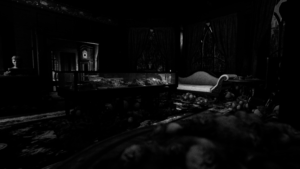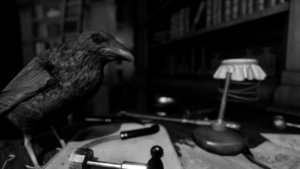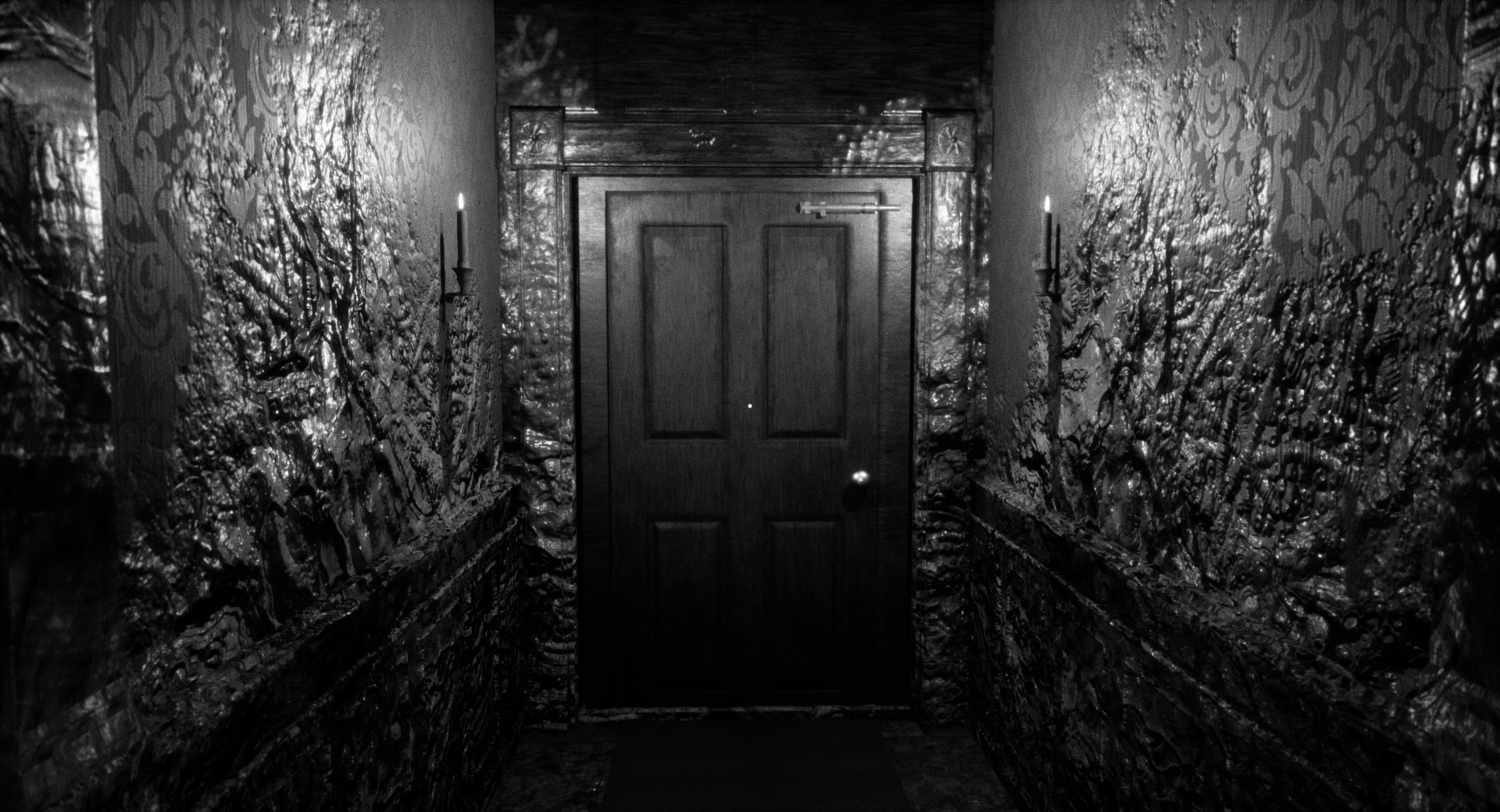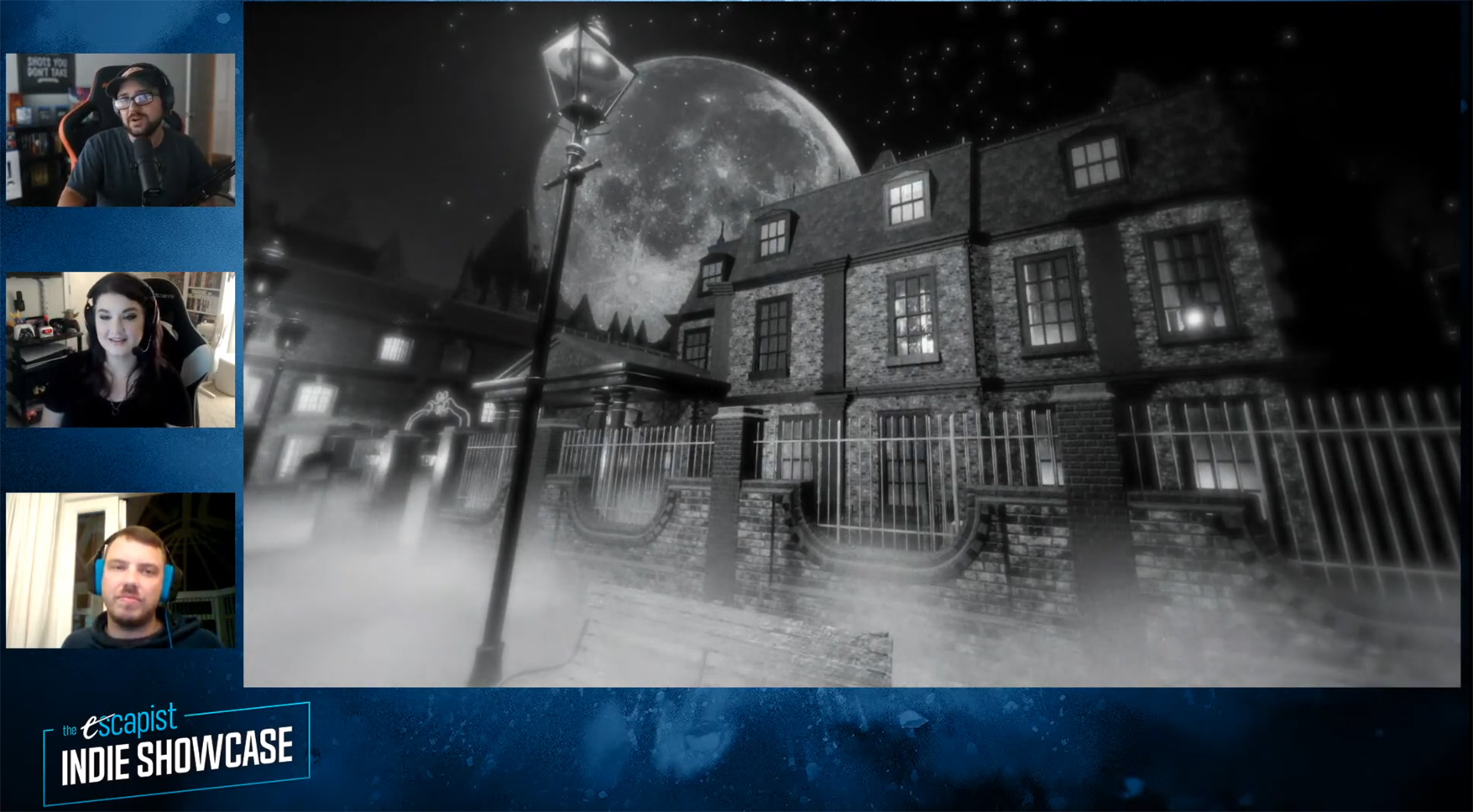I often come away from cosmic horror games with the same feeling: while I find the various tropes of the genre cool, there’s a familiarity to the imagery stemming, I think, from oversaturation. I mean, elder gods are basically a meme at this point. You’ve got Cthulhu dating sims and the like, but I think it’s hard to find a properly scary depiction of cosmicism within the mainstream of the genre. Many people cite Bloodborne, and while that’s a great game with some really interesting cosmic horror themes under the hood, it sort of boils down to anime fights against Great Ones, and while I think that was great for giving Bloodborne a unique identity within cosmic horror that allowed it to stand out and thrive, it’s not really that scary on its face, at least to me.

Now, I’m a huge fan of the Soulsborne games, specifically the way they handle the depiction of worlds plunged into madness. There’s this pervasive emphasis on repetition, and this distinction between repetition with and without purpose. Those who repeat without purpose are lost, hollow, incapable of reflection, having given up hope on their journeys. But those who have a cause, however small and insignificant in the big scheme of things, these individuals have the opportunity to transcend the repetition and progress towards something new and different.
Around the time I was brought on to work on The Necropolis Suite, I had just finished Outer Wilds, and I saw these same themes of perseverance through repetition divorced from the hack and slash RPG formula. Here was this latterday Myst-like channeling the cosmic-loop themes of Majora’s Mask and the anecdote-driven wanderlust of Wind Waker, and despite the fact that Outer Wilds has this strong hopepunk core, there was still this notion of confronting the unknowable that leaned heavily on repetition in its depiction.
Repetition is often written off as the fundamental element of madness, but I don’t totally subscribe to that. I think that the compulsion to repeat is basically universally human. We couch our repetition in a plethora of fantasies, but fundamentally we are defined by the cycles that structure our lives. Getting hung up on a particular fantasy, though, stifles us. We get hung up on a certain idea, an object or a person or a feeling that we try to return to ad nauseum. We stop being able to grow, to think about things in new ways. We become unable to transcend, so to speak. That’s a certain kind of madness, I think.

So as I was considering this, I started thinking that this sort of loop structure might suit a Lovecraftian investigator’s journey. But time didn’t seem like the right resource to be managing, the way it is in Majora’s Mask or Outer Wilds. Mark had this idea of making Insight, in the Bloodborne sense, central to the gameplay, and so we arrived at this notion of an Insight Loop, wherein the knowledge you gain over the course of a run has both the benefit of empowering you to solve puzzles and overcome challenges, but it also drives you mad, resulting in a loss state.
The repetition becomes an abstraction of Lovecraftian insanity, but prior knowledge gives you the opportunity to succeed where you previously failed, and this becomes your pathway to transcending the loop. Basically we’re making the classic Lovecraftian devil’s wager with the player: you can have perfect information, but you must be willing to go mad for it.
We’re very early in development, so as far as story, we’re still feeling it out. We’re in the stage where we’re letting the characters and the world speak to us, letting the game tell us what narrative it wants to convey, but we feel that, thematically, the structure we’re working with offers fertile ground for a meaningful cosmic horror experience.
Ian McCamant (@DscreteNfinity)
Ian McCamant no longer works at Freesphere Entertainment Ltd.






